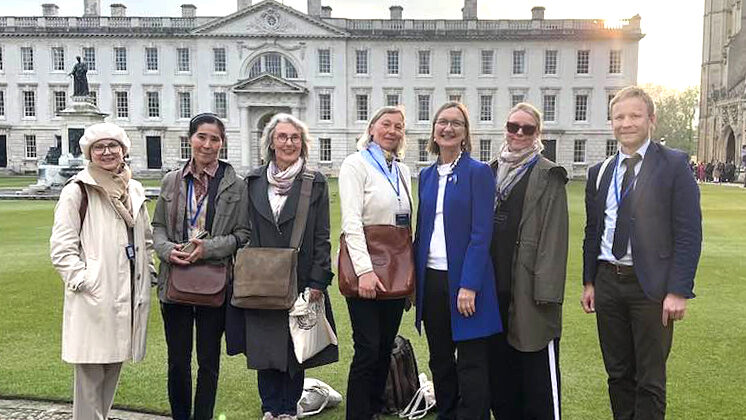The GRU were masters of the situation. They didn’t press him for information about the Estonian military. He was released, not forced to remain in Smolensk, in fact not told of any further contacts. The behaviour of his recruiters helped him regain his self-confidence. He was convinced he could extricate himself from the mess.
From patriotism to treason, a classic case revisited (I)
He knew he couldn’t contact the Estonian embassy – his entanglement with the ‘police’/GRU would surely jeopardize his military career. He knew about the ill- reputed Russian legal system and its ill treatment for anyone detained. He wanted to leave as soon as possible.
The GRU kept track of his whereabouts. In Tallinn as he was leaving his mother’s house, fully one year later in 2008, a man accosted him in Russian, reminded him of the occurrences in Smolensk and his promise of cooperation. However this was not the start of his assignments. (Read more: Estonian Life No. 22 2020 paber- and PDF/digi)
Laas Leivat, Toronto




